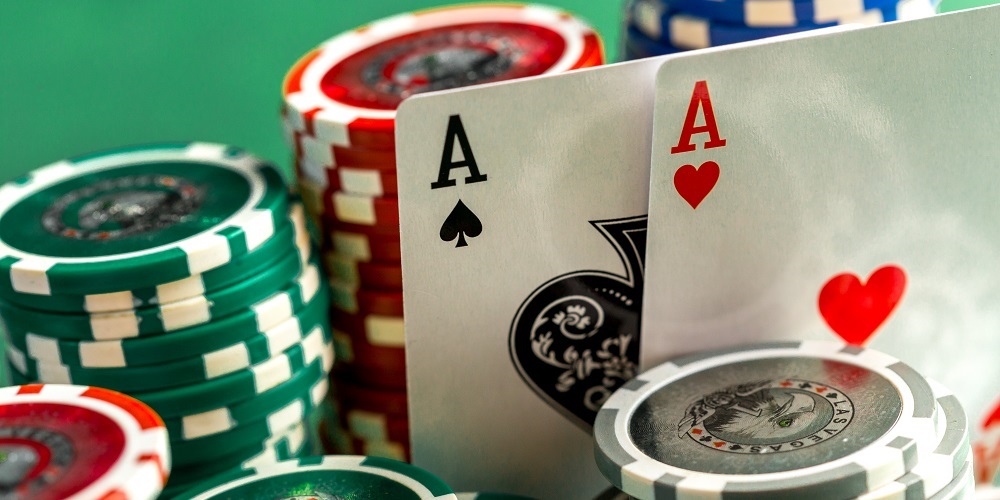That poker is a game of unprecedented depth is no secret. It could be said that it has several layers of difficulty, all of which present players with new challenges. The more complex the game becomes, the more technicalities you will encounter, and poker is a mind sport with an abundance of anglicisms and non-Spanish expressions.
All of them reflect an important aspect of the game or a specific action. If you want to play like a pro, you should have a poker glossary with advanced terminology at hand. Only in this way can you become a true pro. Here are some of the terms you should include in your poker glossary.
Professional poker glossary: what terms are included?
Almost every amateur knows the basic poker terminology. Knowing the main expressions is essential to know how to handle yourself in a poker game.
However, being a professional poker player goes far beyond being a mere amateur and, therefore, a much more advanced terminology is used. The glossary in poker is very important, and so if you aspire to be a pro, you will be increasing your knowledge of terms.
Here are some of the concepts you need to be aware of in order to play poker like a pro:
- Backdoor. This is the term used to refer to a straight or flush that has been completed using the turn and river. It is related to the runner or “runner-runner”, as it is also known to the hand achieved by being able to hit the right cards on the turn and river.
- Calling Station. A calling station is a weak player with a passive profile who does little more than call a lot of bets, but neither raises nor folds frequently. This is the type of player that a professional player wants at his table, precisely because he is a low-profile player who is easy to get into the game.
- Case. The fourth and last card of any rank in the deck is called a “case”.
- Cold Call. This is the expression used when a player sees more than one bet at a time. Imagine the situation: the first player to speak after the big blind raises. Well, any player acting at this point would have to see two bets, a different situation to seeing a single bet and then calling a raise. That has happened after the fact and is not considered a cold call.
- Cripple. It is used as a synonym for “cripple”, and refers to crippling the deck. What does that mean? It means that you have almost all, or all, the cards that the other players need. For example, if you have two queens and two queens have appeared on the flop, you are considered to have crippled the deck.
- Dog / Underdog. A dog, also called an underdog, is a term often used to refer to a player who is not the favorite to win a hand.
- Draw Dead. This is the expression used for a very specific action: trying to hit a hand that, even if you get it, will not win the pot. It is not at all pleasant to discover that your hand was a Draw Dead: to be fortunate enough to hit a straight only to discover that your opponent has a full house is frustrating to say the least.
- Implied Odds. This refers to the relationship between the pot and the bet. Between these two elements you have to take into account pot odds, which may not exist at the time but which you have to take into account in your calculations. For example, during the turn you may see a flush draw if the pot does not offer pot odds of 4 to 1.
- Maniac. A player who is considered a “maniac” is a player who raises and makes a lot of bluffs in an extremely aggressive manner and without any pattern. Maniacs are players who bet a lot and are real kamikazes, but are not really good at it. However, he is a dangerous type of opponent. He may not have the ability to stall players, but he is a suicidal player who can turn everything upside down.
- Overpair. A pair higher than any card on the flop is known as an overpair.
- Scare Card. A scare card is a card that can turn the best hand into the worst. Identifying it early can give you a big advantage when deciding your next move, as betting on the edge of an easily beatable hand will almost certainly lose you money.
These are just some of the terms you can find in the pro poker player’s glossary, and which you should include in your own to start familiarizing yourself with the more advanced poker terminology.
Of course, there will be more concepts to learn and discover as you continue to play poker. Remember that consistency and discipline are the best allies of any player who wants to improve their game and continue to gain experience at the tables.

